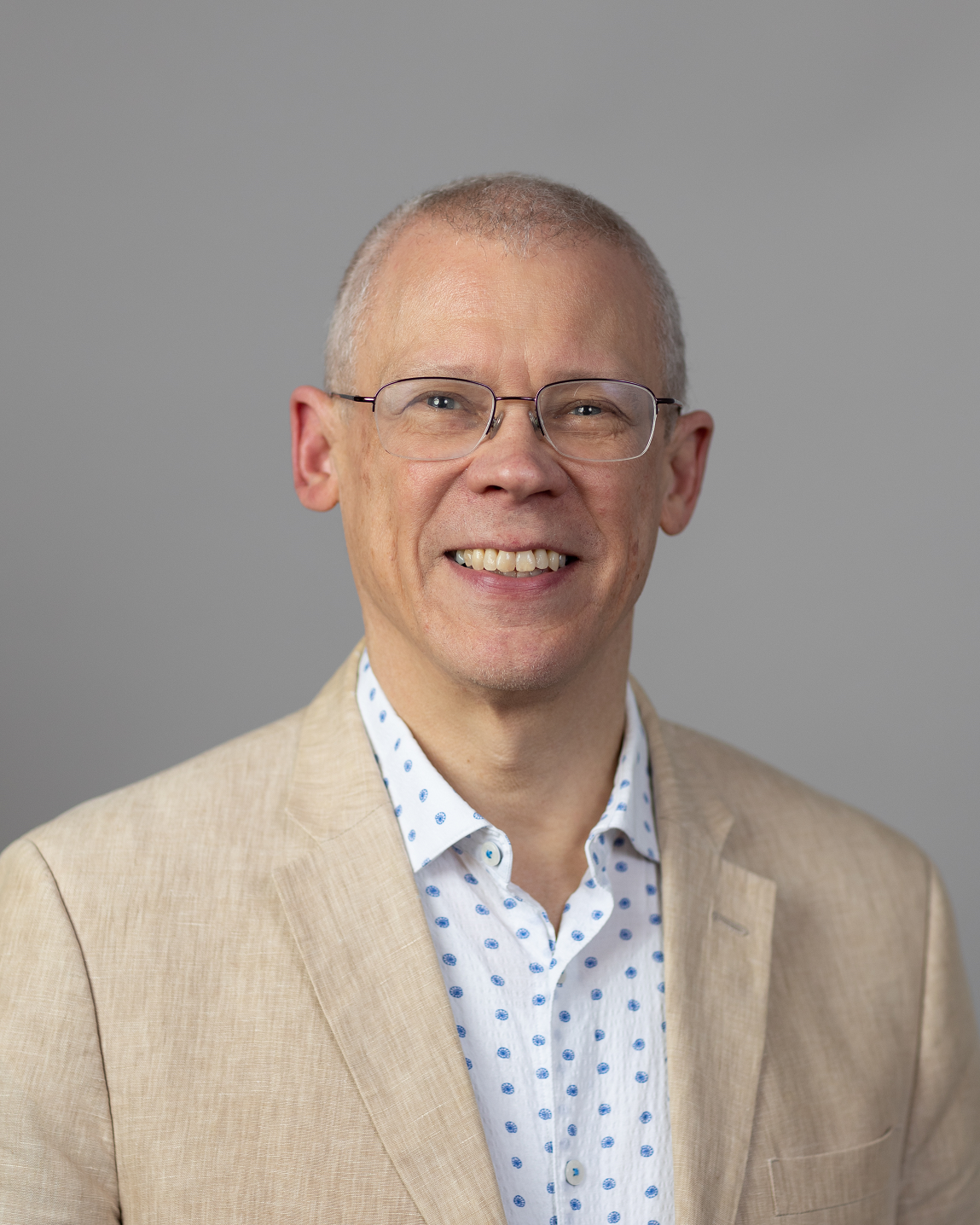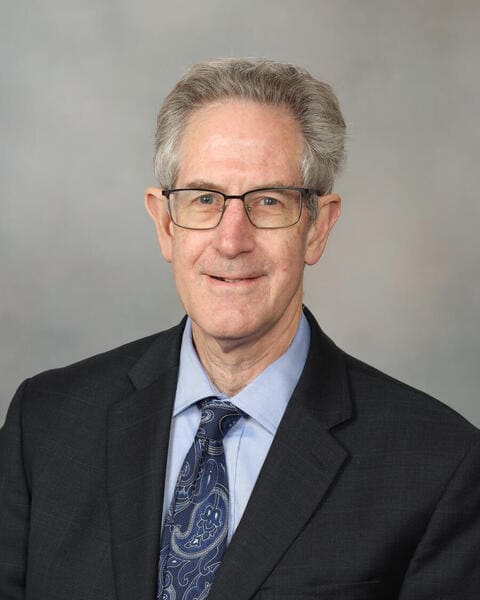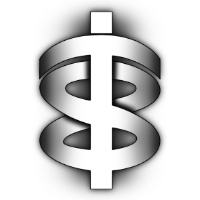ITEST Webinar
Brain and Artificial Intelligence
A Tale of Two Computers
But Only One Made in the Image of God
This webinar was presented on October 12, 2024
Our presenters
Robert C. Koons, PhD
AI and Aristotle: Why No Artifact could ever be Conscious

Robert C. (“Rob”) Koons is a professor of philosophy at the University of Texas at Austin. He holds an M. A. from Oxford and a Ph.D. from UCLA. He is the author or co-author of five books, including The Atlas of Reality with Timothy H. Pickavance (Wiley-Blackwell, 2017) and Is Thomas Aquinas’s Philosophy of Nature Obsolete? (St. Augustine Press, 2022). He is the co-editor of four anthologies, including The Waning of Materialism (OUP, 2010) and Classical Theism (Routledge 2023). He has been working recently on an Aristotelian interpretation of quantum theory, and on defending and articulating hylomorphism in contemporary terms.
Abstract
The ancient Greek philosopher Aristotle developed a comprehensive philosophy of nature that laid the foundations for all subsequent scientific inquiry. A central notion of Aristotle’s notion is that of a substance (ousia in Greek)—an essentially independent entity that has the highest possible degree of unity (what Thomas Aquinas called ‘per se unity’). Living organisms have this kind of unity, which explains their possession of essentially unified causal powers, like nutrition, growth, and sensation. Simple, homogeneous inorganic substances also exist, like drops of water or quartz crystals. However, all human artifacts, including all robots and computers, are mere “heaps” of inorganic components, lacking the sort of unity required for life, sensation, and consciousness. AI programs can emulate the behavior of conscious organisms, but there is an irreducible gap between appearance and reality.
Terrence Lagerlund, MD, PhD
Brain, Soul, Artificial Intelligence, and Quantum Mystery

Dr. Terrence Lagerlund has been a neurologist in the Division of Epilepsy at Mayo Clinic for 35 years, treating patients with epilepsy and interpreting their electroencephalograms. He also lectures to residents and fellows on electroencephalography including basic principles of electricity and neurophysiology. He has published papers and authored book chapters on electroencephalography and epilepsy, particularly regarding quantitative analysis of electroencephalograms. Prior to becoming a neurologist, he obtained a Ph.D. in physics and worked as a postdoctoral research associate at the MIT Laboratory for Nuclear Science (doing research at Brookhaven National Laboratory and CERN) and as a term physicist at Fermilab.
Abstract
Some computer scientists claim that artificial general intelligence systems will soon be created which can duplicate and eventually far exceed the intellectual abilities of humans. In this presentation we will compare the architecture and learning ability of artificial neural networks implemented on an electronic digital machine and the neural networks of the human brain (of which Professor Marvin Minsky of MIT once pronounced that “the brain is merely a meat machine”). We will demonstrate by philosophical arguments and a mathematical theorem involving Turing machines that understanding abstract concepts, abstract reasoning to ascertain truth, and making free decisions are powers of the human mind that exceed the capabilities of any physical system whether made of electronic circuits or of biological neurons; rather, these capabilities require a nonphysical soul that tightly integrates with the human brain, because of which we can truly say that humans are made in the image and likeness of God. We will also discuss a new theory of how the soul may interact with the brain by influencing the outcome of quantum processes involving passage of ions through neuronal ion channels within the brain’s neural networks synchronized by the 40-70 Hz oscillation, and thereby continually influence retrieval of memories and behavioral choices occurring in these networks so as to allow the soul’s choice based on rational deliberation to cause a neuronal network undergoing chaotic behavior to converge upon a different final state (attractor), thereby allowing the soul’s choice to be implemented in the brain and body.
Webinar resources
Dr. Koons’ books
Realism Regained
The Atlas of Reality: A Comprehensive Guide to Metaphysics
The Waning of Materialism
Neo-Aristotelian Perspectives on Contemporary Science
Neo-Aristotelian Metaphysics and the Philosophy of Nature
Is Thomas Aquinas’s Philosophy of Nature Obsolete?
Classical Theism
Additional Resources
Barr, Stephen M. 2009. “More than Machines: Physics & Free Will.” Commonweal Magazine.
(A treatise concerning classical determinism and quantum mechanical randomness and how the latter may relate to free will).
Barr, Stephen M. 2018. The Role of the Observer in Quantum Mechanics – The Society of Catholic Scientists
(A lecture concerning quantum mechanics and the relationship to conscious observers).
Campbell, Phillip. 2022. The Dominican-Jesuit Controversy on Grace (catholicexchange.com)
(An article about predestination and the theological challenge to free will, and the argument between the Dominicans and Jesuits during the Counter-Reformation).
Leggett, Tony. 1999. “Quantum theory: weird and wonderful.” PhysicsWorld.com.
(A somewhat technical review of some of the mysteries of quantum mechanics like entanglement and the measurement problem).
Penrose, Roger. 1994. Shadows of the Mind: A Search for the Missing Science of Consciousness. Oxford, New York: Oxford University Press.
(A book detailing the arguments for Penrose’s contention that there is something in the conscious activity of the brain that transcends computation–and will find no explanation in terms of present-day science. Also contains much about quantum mechanics and the role of the conscious observer in state vector collapse.)
Salza, John. 2010. The Mystery of Predestination: According to Scripture, the Church, & Thomas Aquinas. Charlotte, NC. Tan Books.
(A thorough explanation of the teachings of Thomas Aquinas and the Catholic Church on grace, free will, and predestination, in comparison with rival teachings of Molinism, Calvinism, and Arminianism.)
Schurger, Aaron. 2021. “What does neuroscience have to say about free will?”
(An article about challenges to free will posed by neuroscience experiments involving EEG recordings, and a possible resolution of the challenge).
Smith, Wolfgang. 2005. The Quantum Enigma: Finding the Hidden Key. 3rd Edition. San Rafael, CA: Angelico Press: Sophia Perennis.
(A book concerning the problems with the orthodox interpretation of quantum mechanics and the measurement problem, and Smith’s proposal that God is responsible for state vector collapse in a quantum system).
Wikipedia contributors. 2023. “Schrödinger’s cat.” Wikipedia, The Free Encyclopedia.
(An article about the measurement problem of quantum mechanics and the “Schrödinger’s cat” thought experiment and various interpretations of quantum mechanics.)
Soul – Encyclopedia Volume – Catholic Encyclopedia – Catholic Online
(An article providing a detailed exposition of theological and philosophical beliefs about the soul from ancient times to the present; a good reference for the teachings of Thomas Aquinas on the soul).
What if she had said No? « Electric Prayer (wordpress.com)
(A reflection on just how much God values human free will).
